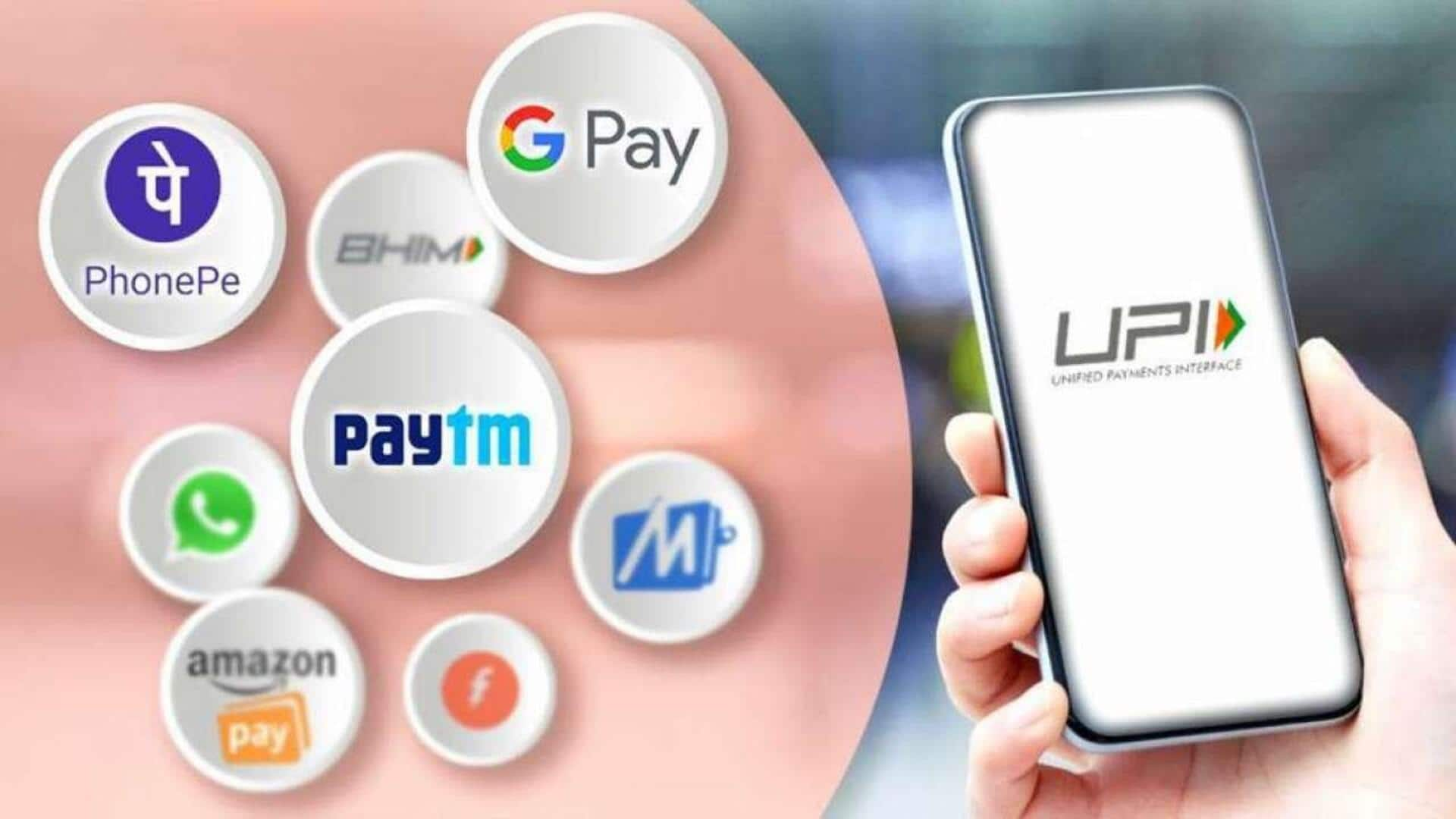
NPCI may raise market share cap for UPI payment operators
What's the story
The National Payments Corporation of India (NPCI), the regulatory body responsible for overseeing India's Unified Payments Interface (UPI) system, is reportedly considering a revision of its proposed market share cap for UPI operators. This potential policy shift could see the cap increased from 30% to over 40%, according to anonymous sources cited by TechCrunch. The move is being contemplated due to difficulties in enforcing the current limitations.
Market overview
UPI's dominance in India's digital payment sector
UPI has emerged as the most popular method for digital transactions in India, processing over 12 billion transactions monthly. Walmart-backed PhonePe currently dominates the market with approximately 48% share by volume and 50% by value. Google Pay follows closely behind with a 37.3% share by volume. However, Paytm's market share has seen a decline from 11% to 7.2%, amid regulatory challenges.
Regulatory hurdles
Potential controversy and enforcement challenges
The proposed increase in market share cap could stir controversy, as several UPI providers have expressed hopes for regulatory intervention to check the dominance of PhonePe and Google Pay. The NPCI initially planned to implement these market share limits in January 2021, but postponed the deadline to January 1, 2025, due to enforcement challenges. The regulator has yet to find a practical way to enforce its proposed market share limit.
IPO concerns
PhonePe's future and regulatory uncertainty
The potential policy change holds significant implications for PhonePe, India's most valuable fintech start-up valued at $12 billion. Sameer Nigam, co-founder and CEO of PhonePe, expressed concerns about the company's ability to go public amid regulatory uncertainties. He stated at a recent fintech conference that the start-up cannot go public "if there is uncertainty on the regulatory side."